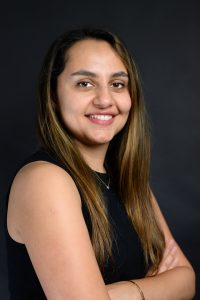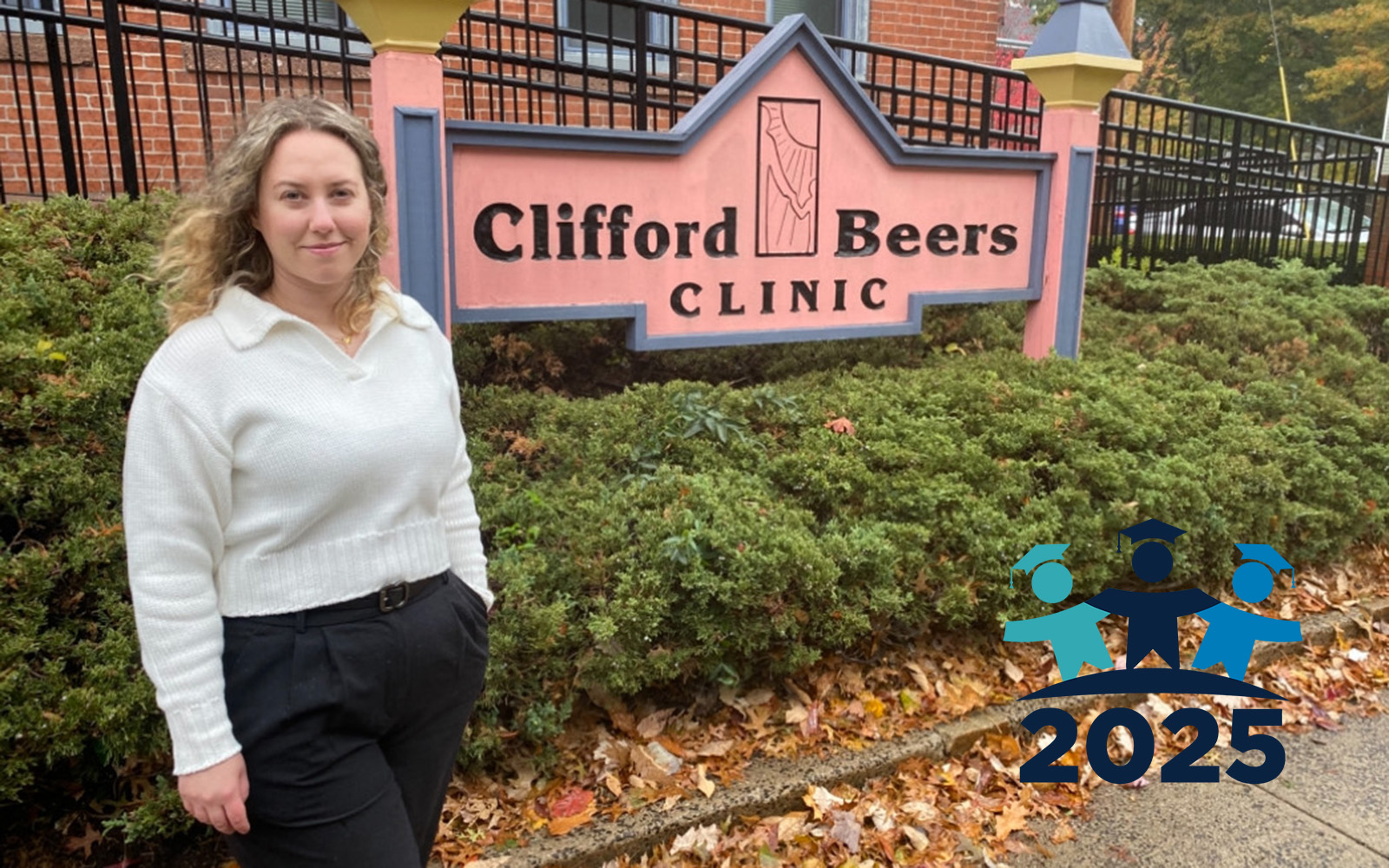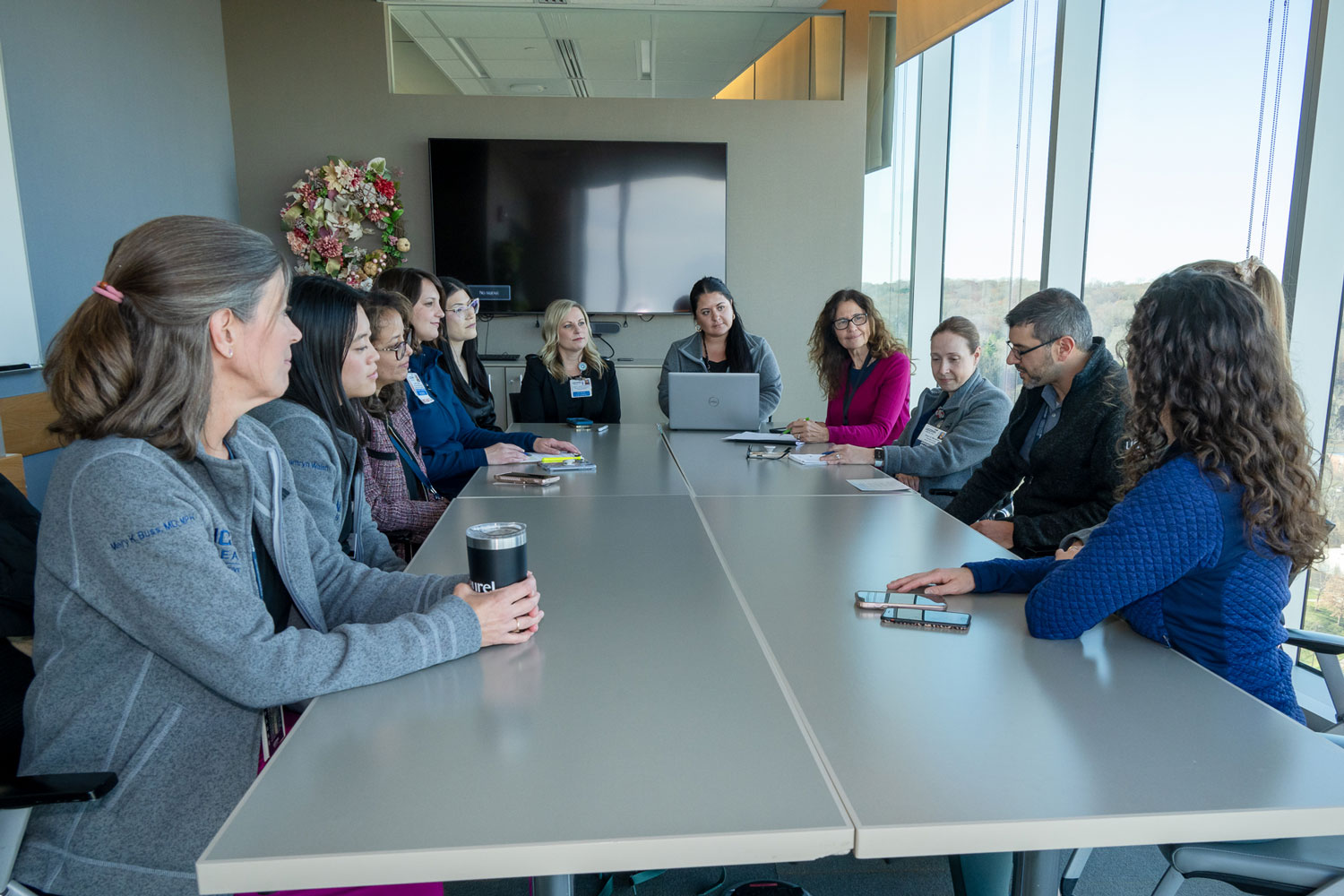As part of the UConn College of Engineering’s (CoE) commitment to entrepreneurial growth, outreach, and competitive opportunities, a collaborative team led by Leila Daneshmandi, director of The Matthew & Margarethe Mashikian Innovation & Entrepreneurship Hub (eHub) and assistant professor in residence in Innovation and Entrepreneurship, has created an Entrepreneurship Fellowship Program. Now completing its first year, the program is funded by a three-year National Science Foundation Innovations in Graduate Education (IGE) grant. It aims to cultivate a new generation of entrepreneurial STEM leaders ready to tackle real-world challenges through innovation.
The Entrepreneurship Fellowship Program provides graduate students in STEM disciplines with structured training in entrepreneurship, leadership, and innovation. The program is open to all UConn doctoral or master’s students in STEM fields. No prior entrepreneurial experience is required.
The Fellowship unfolds over an academic year in three consecutive modules, combining a series of curricular and co-curricular activities. Fellows receive training in opportunity recognition, design thinking, customer discovery, leadership, and commercialization of research and technology. In addition, fellows have access to prototyping grants to advance their innovations, and travel funds to attend entrepreneurship events and pitch competitions to network and gain exposure to mentors, investors, and broader innovation ecosystems.
“Our graduate students are highly technically capable,” says Daneshmandi. “This program is designed to broaden their outlook by equipping them with interdisciplinary entrepreneurial skills and preparing them to be entrepreneurially minded leaders, critical and creative thinkers, effective communicators, and resilient individuals who can learn from setbacks. They’re building a complementary set of skills that enhances their technical foundation and drives innovation.”
This rich interdisciplinary makeup strengthens the program by fostering diverse perspectives and cross-disciplinary collaboration, Daneshmandi adds. The 10 fellows have developed seven different entrepreneurial ventures and have already earned recognition at prestigious venues including the 2025 ARPA-E Energy innovation Summit Program, VentureWell Pioneer Grant, and the AI Safety Entrepreneurship Hackathon, hosted by Apart Research.
Adaeze Maduako is one of the Entrepreneurship Fellows. The cohort model, she reflects, fostered a collaborative environment where students could share insights, challenge each other’s thinking, and build lasting connections.

“The program was incredibly transformative and instrumental to my personal and professional growth,” says Maduako. “I gained a comprehensive understanding of the entrepreneurial process, from ideation and market validation to securing funding across the different stages of a start-up’s lifecycle. One of the most valuable skills I developed was the ability to communicate business ideas clearly and confidently to a non-technical audience, a critical skill for engaging investors and stakeholders outside my field.
“Many of us entered the program with only vague ideas and left with not only viable ventures but also business partners,” Maduako adds. “Overall, the experience significantly broadened my perspective on innovation and entrepreneurship.”
The program is led by Daneshmandi; Andri Christodoulidou, visiting assistant professor and director of Impact Assessment at the Vergnano Institute for Inclusion; Leslie Shor, vice provost for Graduate Education, and dean of the UConn Graduate School; and Zheni Wang, associate professor of Management at Southern Connecticut State University.
In the short term, the team aims to cultivate a campus-wide culture of entrepreneurship and train STEM students in entrepreneurial competencies. Long-term goals include gathering data to assess program effectiveness, scaling the initiative, evaluating its impact on students’ professional trajectories and mindsets, and disseminating results to enable replication at other institutions.
“The program builds toward a future where interdisciplinary STEM training goes hand-in-hand with leadership, impact and innovation, equipping students to lead change,” says Daneshmandi. “We’re equipping students to not only become technical experts, but bold, thoughtful innovators.”
This program is supported by NSF IGE grant #2325444, titled “Creating Bold STEM Leaders Through Graduate Entrepreneurial Training.” The IGE program focuses on research in graduate education. The goals of IGE are to pilot, test, and validate innovative approaches to graduate education and to generate the knowledge required to move these approaches into the broader community.
Applications are currently open for the next cohort. The deadline is July 31. For more information, visit the eHub site.
The first cohort of Entrepreneurship Fellows includes graduate students from a broad range of disciplines:
- Fatma Elshinshiny, Biomedical Engineering
- Nooshin Farashaei, Digital Media and Design
- Md Zakir Hossain, Computer Science and Engineering
- Md Safaet Hossain Sujan, Health Promotion Sciences
- Aidan Kierans, Computer Science and Engineering
- Adaeze Maduako, Chemical Engineering
- Nicholas Nguyen, Mechanical Engineering
- Mohammad Osat, Chemical & Biomolecular Engineering
- Alaa Salim, Electrical and Computer Engineering
- Soroush Vahedi, Electrical Engineering



